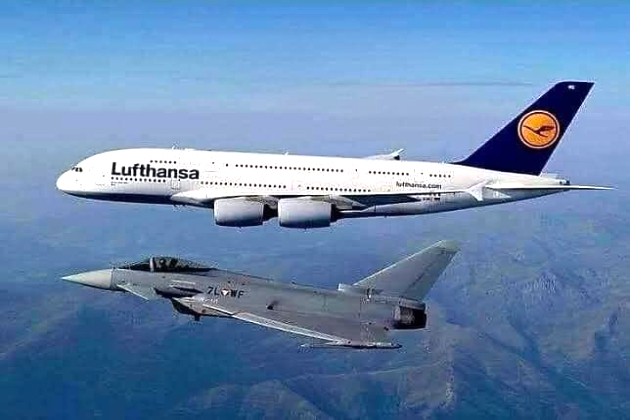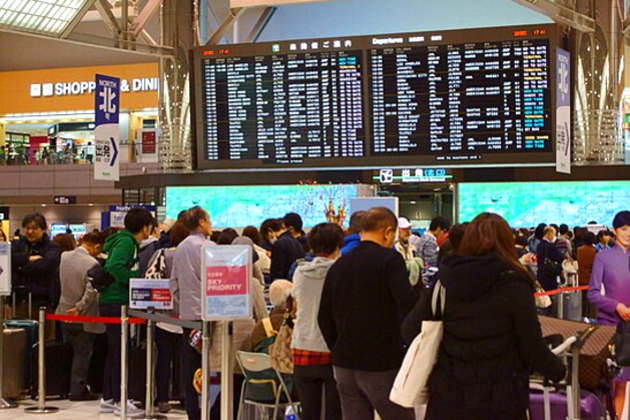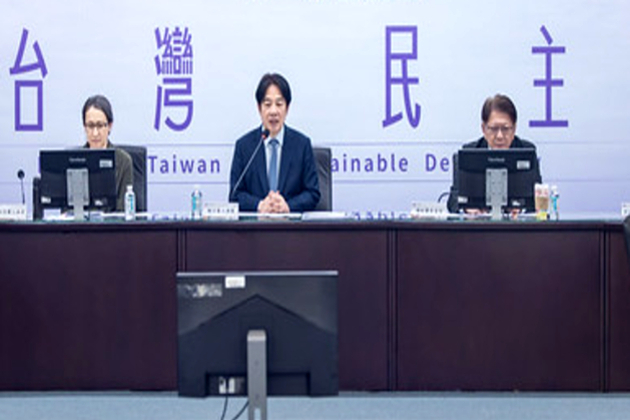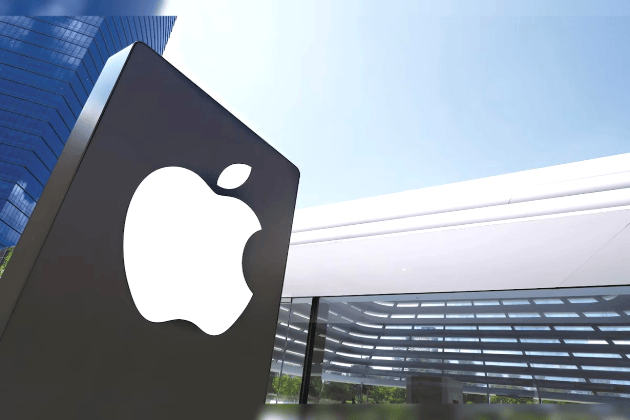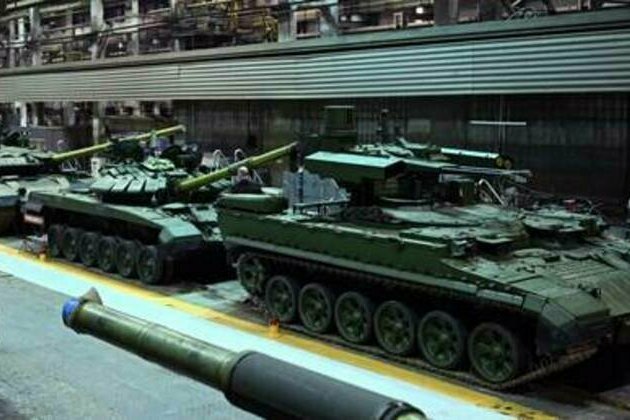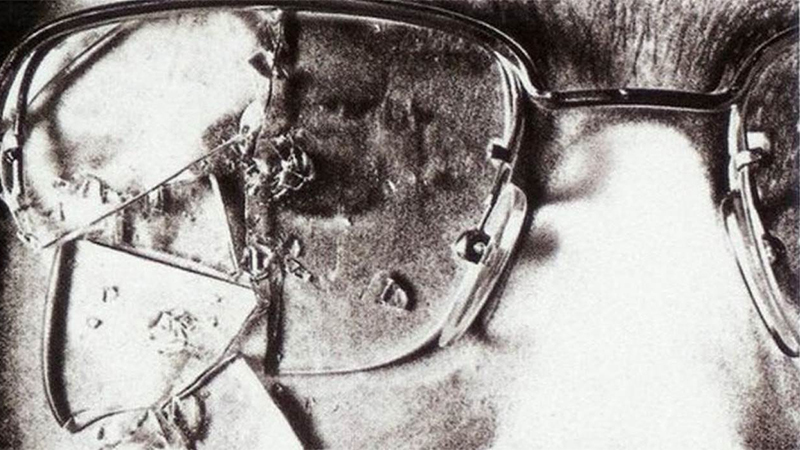World Insights: Trump's tariff-centric trade policies repeat a century of failed protectionism
Xinhua
05 Apr 2025, 16:45 GMT+10
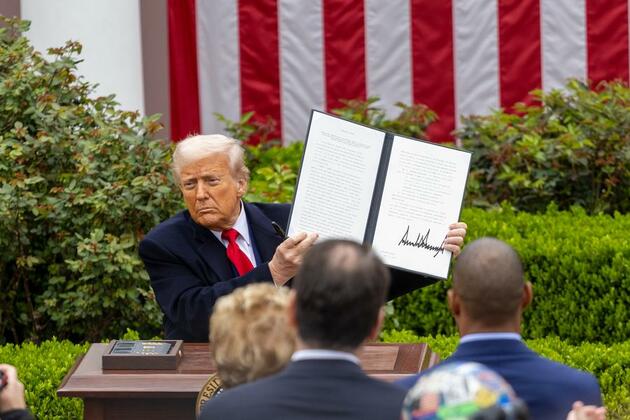
U.S. President Donald Trump shows an executive order on "reciprocal tariffs" at the Rose Garden of the White House in Washington, D.C., the United States, on April 2, 2025. (Xinhua/Hu Yousong)If history is any guide, the Trump administration's sweeping tariffs, under the slogan of "America First," have exposed the paradox of protectionism: While politically symbolic, such policies often harm the economy they claim to protect.BEIJING, April 5 (Xinhua) -- Amid widespread opposition, U.S. President Donald Trump on Wednesday signed an executive order on so-called "reciprocal tariffs," imposing a 10-percent "minimum baseline tariff" and higher rates on certain trading partners.If history is any guide, the Trump administration's sweeping tariffs, under the slogan of "America First," have exposed the paradox of protectionism: While politically symbolic, such policies often harm the economy they claim to protect.History's verdict is clear: From the Smoot-Hawley tariffs that deepened the Great Depression to former U.S. President Richard Nixon's import surcharges that triggered stagflation, protectionist measures have consistently backfired. Each time, retaliatory spirals erased any short-term gains while inflicting lasting economic damage.The current administration's tariff offensive represents not innovation but repetition. For generations, U.S. administrations have turned to tariff hikes as a misguided cure for economic ailments, despite historical evidence showing they typically worsen the condition they purport to treat.In 1930, then U.S. President Herbert Hoover signed the Smoot-Hawley Tariff Act into law, despite a petition from more than 1,000 economists urging him to veto the legislation. The act raised import duties, supposedly to protect American businesses and farmers, adding considerable strain to the world economy during the Great Depression.It prompted retaliation from foreign governments. Within two years, some two dozen countries adopted similar duties, making an already beleaguered world economy even worse. U.S. imports from and exports to Europe fell by some two-thirds between 1929 and 1932, while overall global trade declined by similar levels.In the 1970s, in response to increasing inflation, Nixon unilaterally canceled the direct international convertibility of the U.S. dollar to gold. To ensure that U.S. products would not be at a disadvantage because of the expected fluctuation in exchange rates, an import surcharge of 10 percent was imposed.This unilateral move stunned the world and became known as the "Nixon Shock." It strained U.S. relations with major trading partners, destabilized the Bretton Woods system, triggered a sharp devaluation of the U.S. dollar, and thus was widely considered an economic failure for bringing on the 1973-1975 recession.In 2002, the George W. Bush administration placed tariffs on imports of certain steel products in an attempt to protect the domestic U.S. steel industry with rates ranging from 8 percent to 30 percent for imports from all countries except Canada, Israel, Jordan and Mexico.The measure significantly drove up steel prices, sending production costs soaring for downstream sectors like automobiles and household appliances. Research showed that 200,000 Americans lost their jobs to higher steel prices during 2002, representing approximately 4 billion U.S. dollars in lost wages from February to November 2002.In November 2003, the World Trade Organization (WTO) ruled that the tariffs violated WTO tariff-rate commitments and authorized more than 2 billion dollars in sanctions, the largest penalty ever imposed by the WTO, if the United States did not quickly remove the tariffs.Photo taken on Feb. 18, 2022 shows the Capitol building in Washington, D.C., the United States, Feb. 18, 2022. (Xinhua/Liu Jie)The measures were originally scheduled to remain in effect until 2005 but were lifted on Dec. 4, 2003. Research showed that the costs of the tariffs outweighed their benefits in terms of aggregate gross domestic product (GDP) and employment as well as having an important redistributive impact.This pattern of self-defeating protectionism is now being repeated by the Trump administration, whose tariff gambit, despite its "America First" branding, risks compounding the very economic vulnerabilities it claims to solve.Martin Wolf, chief economics commentator at the London-based Financial Times, believed the tariffs represent the end of liberal, predictable and rules-governed trading relationships with the world's most powerful country and also the one that created the system itself.The U.S. administration is waging economic and political war on its allies and dependents, but the resulting collapse in trust of the countries that used to share its values will end up very costly for the United States, too, said Wolf.
 Share
Share
 Tweet
Tweet
 Share
Share
 Flip
Flip
 Email
Email
Watch latest videos
Subscribe and Follow
Get a daily dose of Irish Sun news through our daily email, its complimentary and keeps you fully up to date with world and business news as well.
News RELEASES
Publish news of your business, community or sports group, personnel appointments, major event and more by submitting a news release to Irish Sun.
More InformationInternational
SectionOver 1,000 firefighters train at Arizona Wildfire Academy
PRESCOTT, Arizona: More than 1,000 firefighters and fire managers recently trained at the annual wildfire academy in Arizona. They...
Ex-NYC fire chief sentenced to nearly 2 years for bribery scheme
NEW YORK CITY, New York: A former New York City Fire Department chief has been sentenced to nearly two years in federal prison for...
Rail giant wants help to pay Ohio-Pennsylvania derailment settlement
EAST PALESTINE, Ohio: Norfolk Southern wants two other companies to help pay for the $600 million settlement it agreed to after a major...
Wildfire in eastern Sierra burns 1,000 acres, triggers evacuations
BISHOP, California: A fast-growing wildfire in California's Eastern Sierra region has burned 1,000 acres and forced people to leave...
Passenger plane, military jet avoid collision in Washington D.C.
WASHINGTON, D.C.: A U.S. passenger plane getting ready to take off and a military jet coming in were told to change course to avoid...
Radio Free Asia faces shutdown without urgent court relief
WASHINGTON, D.C.: Radio Free Asia, a key voice in press freedom across the continent for nearly three decades, is now warning it may...
Europe
SectionIreland moves to lift Dublin Airport cap, citing economic urgency
DUBLIN, Ireland: Lifting the passenger cap at Dublin Airport has become a top priority for the government, with Taoiseach Micheal Martin...
Taiwan's President Lai gathered officials ahead of Trump's tariffs speech
TAIPEI, Taiwan: Taiwan's leadership was on high alert ahead of the U.S. tariff announcement, with President Lai Ching-te convening...
Ireland’s auto market surges in March with 18.5% jump in new car sales
DUBLIN, Ireland: Ireland's auto industry shifted into higher gear in March, with a sharp jump of 18.5 percent in new car registrations...
Apple faces record tax bill in Ireland despite profit surge
DUBLIN, Ireland: Apple's Irish headquarters shouldered a massive 23.2 billion euro corporation tax charge last year, largely due to...
World Insights: Trump's tariff-centric trade policies repeat a century of failed protectionism
U.S. President Donald Trump shows an executive order on reciprocal tariffs at the Rose Garden of the White House in Washington, D.C.,...
Russia ahead of Western Europe in defense production - UK report
The European members of NATO had no plan for military-industrial mobilization prior to the conflict, the study has found ...





